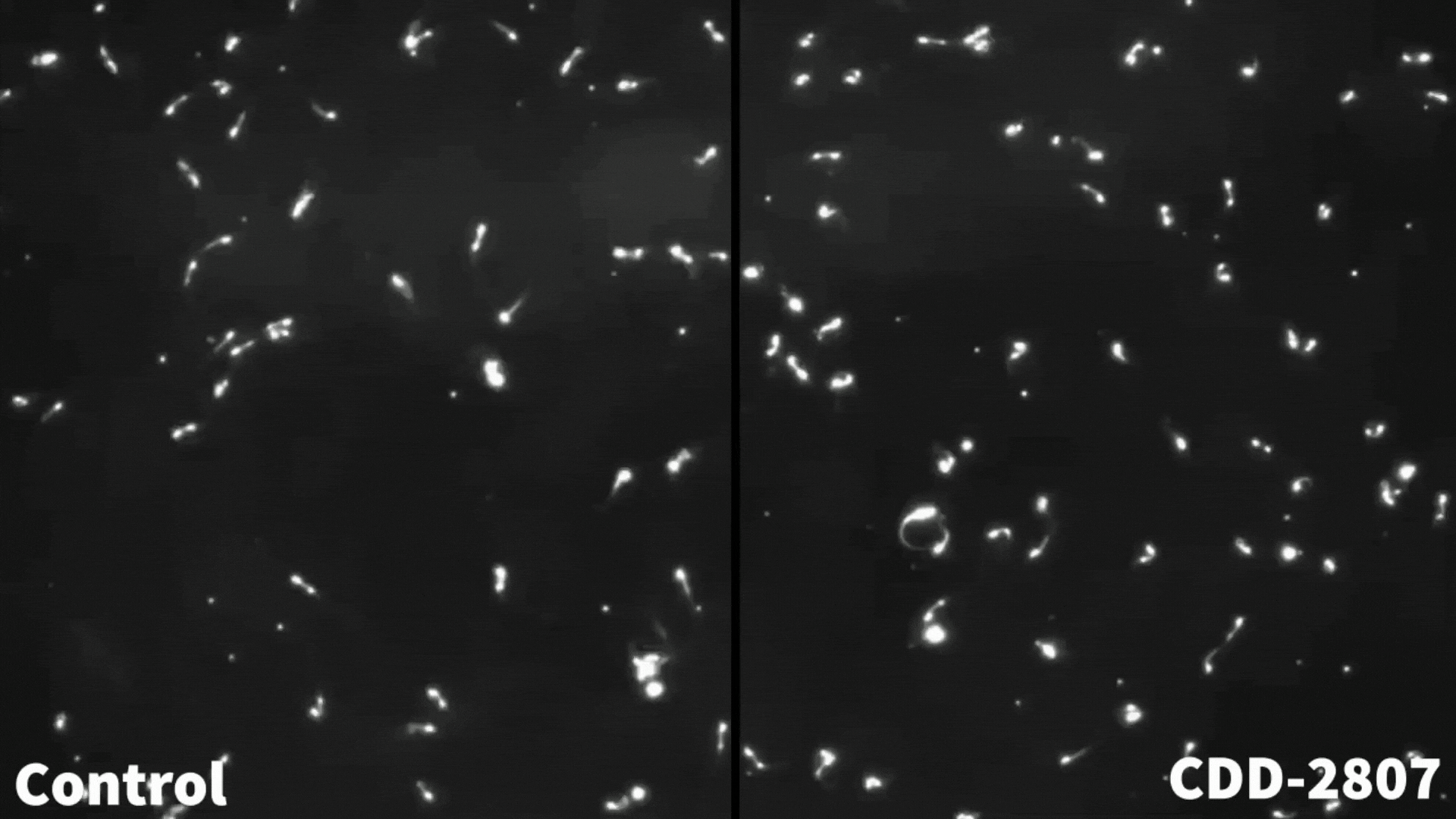Good news!
However, how many times has this been promised over the last 50 years or so or since the birth control pill for women (invented 1960)? I would guess at least a few dozen times!
Maybe one day ... Something as effective and simple as the birth control pill for women will one day be available to men too! I am quite confident it will happen in my lifetime! It is a race between possible ED later in life and effective contraception in my case. And the winner will be ... 😊
Given that it is a non hormonal and very different approach, perhaps this time there is indeed more success!
"... In a study published in the journal Science, researchers at Baylor College of Medicine and collaborating institutions show in animal models that a novel, non-hormonal sperm-specific approach offers a promising option for reversible human male contraception. ...
“In this study we focused on a novel approach – identifying a small molecule that would inhibit serine/threonine kinase 33 (STK33), a protein that is specifically required for fertility in both men and mice.” ...
Previous research has shown that STK33 is enriched in the testis and is specifically required for the formation of functional sperm. ..."
“In this study we focused on a novel approach – identifying a small molecule that would inhibit serine/threonine kinase 33 (STK33), a protein that is specifically required for fertility in both men and mice.” ...
Previous research has shown that STK33 is enriched in the testis and is specifically required for the formation of functional sperm. ..."
From the editor's summary and abstract:
"Editor’s summary
There are numerous forms of female contraception in clinical use, but male contraception continues to be very limited and lacks a medication-based approach. A poorly understood kinase called STK33 is enriched in the testis, and both men and mice that lack this kinase are infertile. Building on these findings, Ku et al. performed large-scale drug screening to identify chemical inhibitors of STK33, obtained crystal structures of STK33 with some of the compounds, and used this information to inform structure-activity relationship studies (see the Perspective by Holdaway and Georg). The most promising compound successfully reduced fertility in vivo in male mice without any detectable safety concerns. Importantly, the effects of this treatment were reversible, and the mice recovered their fertility soon after the treatment was discontinued. ...
Abstract
Men or mice with homozygous serine/threonine kinase 33 (STK33) mutations are sterile owing to defective sperm morphology and motility. To chemically evaluate STK33 for male contraception with STK33-specific inhibitors, we screened our multibillion-compound collection of DNA-encoded chemical libraries, uncovered potent STK33-specific inhibitors, determined the STK33 kinase domain structure bound with a truncated hit CDD-2211, and generated an optimized hit CDD-2807 that demonstrates nanomolar cellular potency (half-maximal inhibitory concentration = 9.2 nanomolar) and favorable metabolic stability. In mice, CDD-2807 exhibited no toxicity, efficiently crossed the blood-testis barrier, did not accumulate in brain, and induced a reversible contraceptive effect that phenocopied genetic STK33 perturbations without altering testis size. Thus, STK33 is a chemically validated, nonhormonal contraceptive target, and CDD-2807 is an effective tool compound."
A promising approach to develop a birth control pill for men (original news release)
Reversible male contraception by targeted inhibition of serine/threonine kinase 33 (no public access)
Perspective: An emerging target for male contraception (no public access) An inhibitor of a nonhormonal target is identified using a DNA-encoded chemical library
Microscopic image showing the effects of compound CDD-2807 on sperm motility.

No comments:
Post a Comment